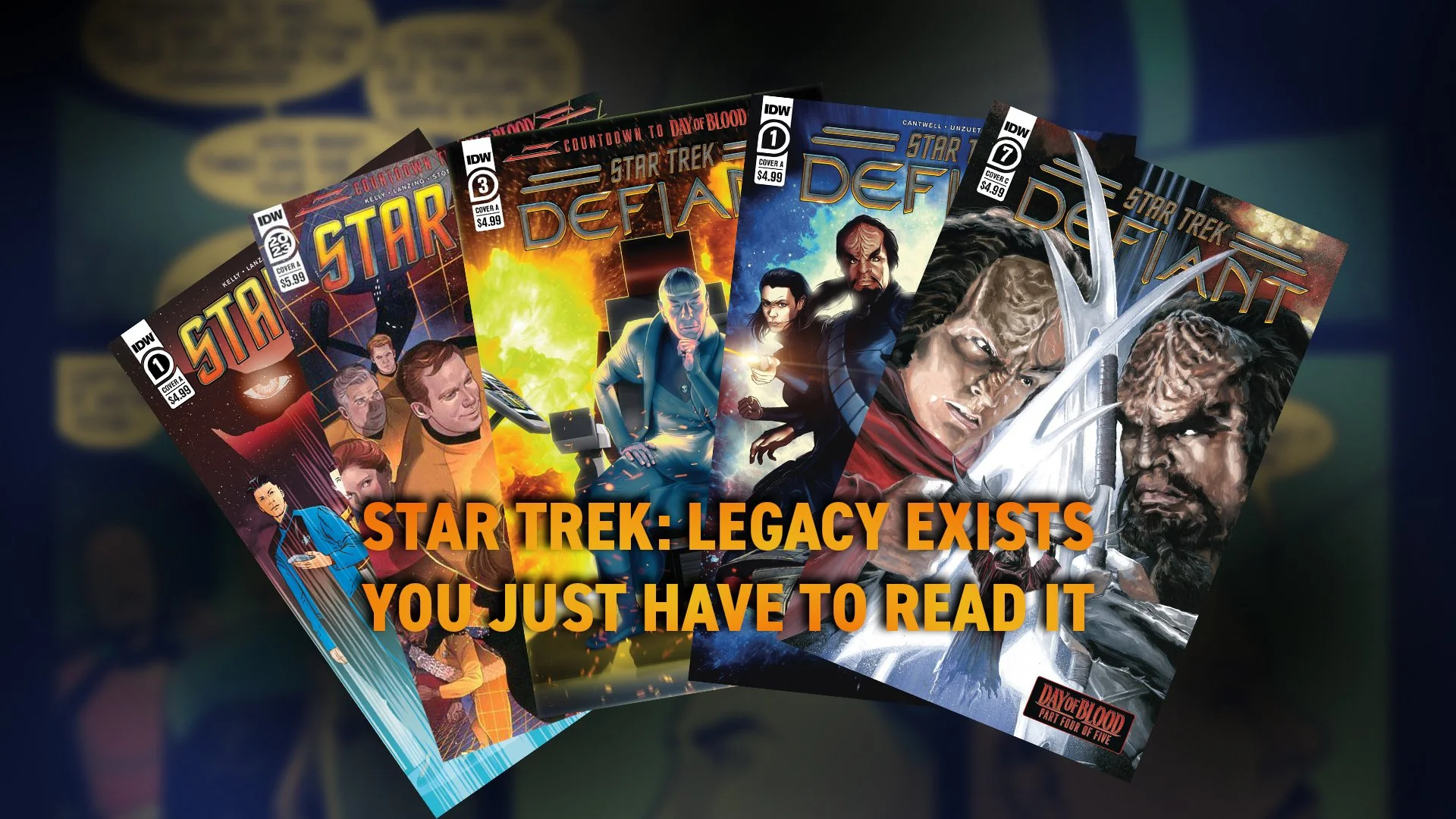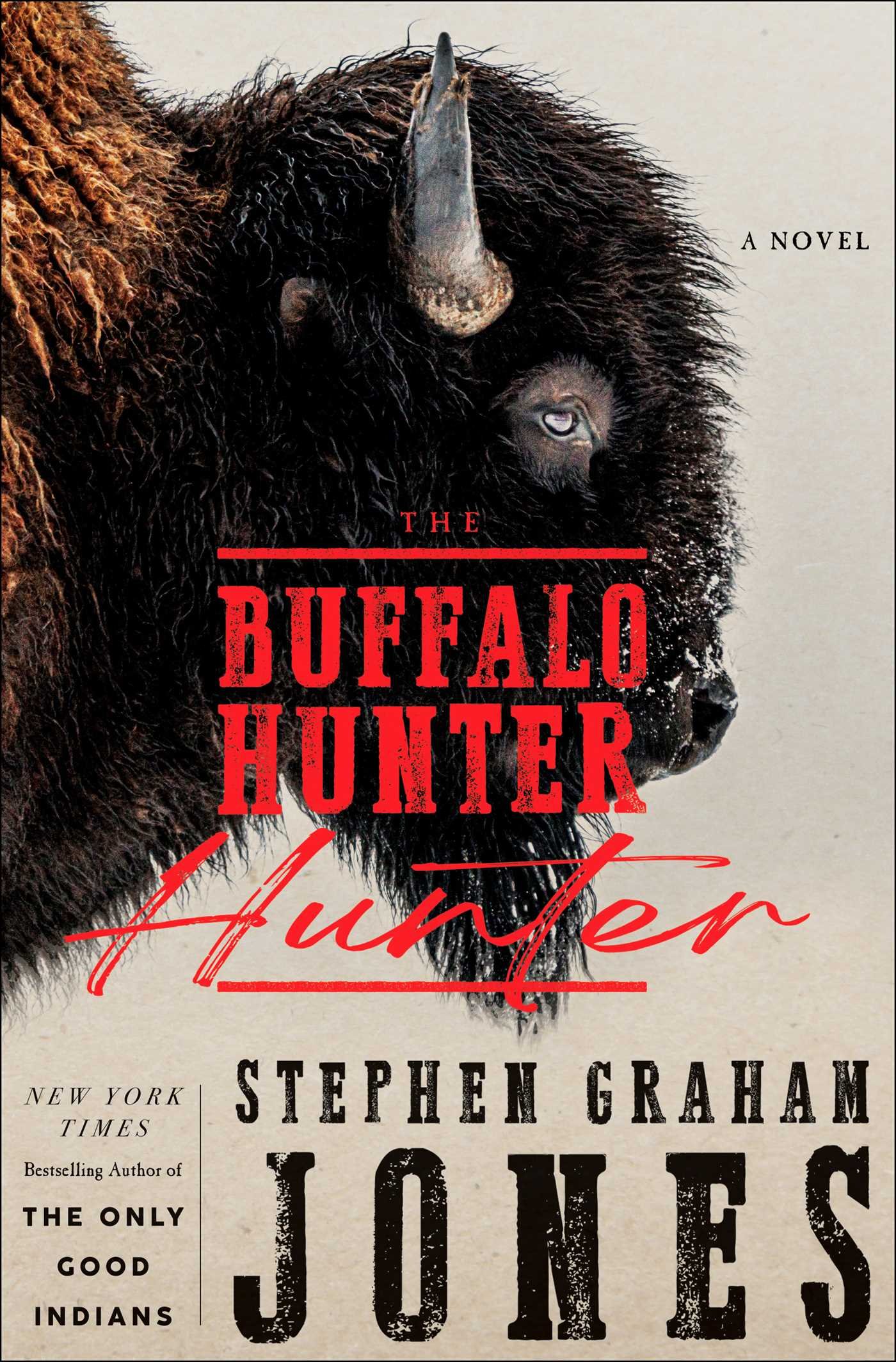By Brandon T. McClure
Last month, Puck news jumped the gun by claiming that longtime Lucasfilm president was going to retire at the end of 2025. Those rumors proved to be false, when Lucasfilm representatives for Kennedy released a statement. However, those same representatives said that Kennedy is beginning to look for a successor. So while she may not leave at the end of this year, she is not going to be President of Lucasfilm forever. Truthfully, she’s earned her retirement. Having been with Lucasfilm since 2012, and taking over as President later that same year, she has earned the now Disney-owned company billions in revenue. So while she looks to a well-earned retirement from Lucasfilm, the question becomes, who takes over?
Kathleen Kennedy was in the film industry for many years before becoming a producer on E.T.: The Extra-Terrestrial in 1982. It was this film that cemented her relationship as Steven Spielberg's go-to producer. She would produce all his films for the next 30 years and co-create Amblin Entertainment with Spielberg and her husband, Frank Marshall. Through her long career, she’s produced films like Back to the Future, Twister, and Indiana Jones and the Temple of Doom. The latter of which is how she met George Lucas. Through more than 70 producer credits and 8 Academy Awards, her largest strength as a producer was realizing the director's vision.
In 2012, she stepped down from her other company, The Kennedy/Marshall Company, leaving her husband, Frank Marshall, to run the company on his own. After that, she became the co-chair of Lucasfilm alongside George Lucas. That was short lived, as Lucas would sell Lucasfilm to Disney that same year, for $4 billion, with the stipulation that Kathleen Kennedy become the President of the company. Her time as President under Disney has seen the company gross $6.3 billion, with her only theatrical flops being Indiana Jones and the Dial Of Destiny and Solo: A Star Wars Story. Both of which grossed under $400 million worldwide.
Under Kathleen Kennedy, Lucasfilm has produced 14 Star Wars projects, and 2 non-Star Wars projects, including Willow and the aforementioned Indiana Jones and the Dial of Destiny. Of the Star Wars projects, most of them have been for Disney+. Some of those projects continued Lucasfilm’s long history with Star Wars animation, but most of them were live-action as she finally realized George Lucas’ dream of bringing big budget live-action Star Wars to the small screen. Since the end of the sequel trilogy with 2019’s Star Wars: Episode IX - The Rise of Skywalker, Lucasfilm has had various plans for more films outside of the five already made (4 of which grossed over $1 billion) with only one making it to production, The Mandalorian & Grogu. While this should be seen as Kennedy making sure the Star Wars brand is strong, refusing to put out a movie before its ready (something many have criticized Marvel of doing), this has been used by bad faith actors to “prove” her “incompetence” behind the scenes.
Through her entire run as President, there has been a very vocal contingent of fans (re: outrage merchants) that have called for Disney to fire her. This call is mostly coming from people who feel like she has mishandled the Star Wars IP. More than that, these people feel personally offended at how she’s handled Star Wars. They cite bad writing in the sequel trilogy, or an over-reliance on political messaging. All of these are smokescreens, of course, to hide behind their own bigotry and vitriol (the same people screaming about “DEI”). Many people online have made a career on YouTube claiming that “inside sources” have told them that Disney is upset that Star Wars: Episode VIII - The Last Jedi made $1.3 billion and not $2.3 billion. A ridiculous statement that makes it difficult to have any sort of good faith discussion around the sequel trilogy. The fallacy of these outrage merchants is that if they don’t like something, it’s Kennedy’s fault, but if they do, then it was made in spite of her (an ideology that sounds all too familiar these days). So in the court of public opinion, she’s already lost.
The numbers don’t lie and Bob Iger, CEO of Disney, likes her enough to have extended her contract, not once, but twice. But at 71 years of age, it does look like she’s looking to step down as president of Lucasfilm. Perhaps to go back to producing non-Star Wars films. She at one time tried to bring a non-Star Wars IP to Lucasfilm, an adaptation of Children of Blood and Bone by Tomi Adeyemi, but couldn’t get it off the ground. Paramount is now adapting that series after Lucasfilm decided to stick to the IP they already had. Staying in one galaxy for 13 years has got to weigh on her on some level. Afterall, this isn't a world that she created. She just became the steward of it after those same outrage merchants drove George Lucas into retirement. So this brings it all back to… who could come in to replace her?
Well if you ask the internet, there is only one answer: Dave Filoni. Having joined Lucasfilm in 2005 as an animator to help George Lucas create Star Wars: The Clone Wars, he’s often seen as Lucas’ true successor. He’s currently serving as Executive Vice President and Chief Creative Officer at Lucasfilm, as well as writer/director for Star Wars: Heir To The Empire and writer for Ahsoka season 2. In many ways, he’s already filling the role he’s perfect at. He’s a natural born storyteller who knows more about Star Wars then almost anyone alive. He’s clearly very happy to live in the galaxy far, far away for as long as Lucasfilm will have him. And why shouldn’t he? He’s the only universally liked creator that this franchise has ever seen. But he shouldn’t take over as President. To do this would take him away from the job he’s shown nothing but love for (maybe get a second writer on Ahsoka buddy).
The answer to “who should take over” is actually incredibly simple. But it would require a complete restructure of the power dynamic in the company. The answer lies in Disney’s competitor studio, Warner Bros. Discovery. More accurately DC Studios. This is not to say that Disney and Lucasfilm need to poach James Gunn and Peter Safran, but the model implemented in DC Studios is a shockingly simple, yet effective one. One creative producer and one “business” producer. Admittedly, as of this writing, DC Studios has only released Creature Commandos (Penguin was adopted by them), so it’s hard to tell if this model is going to work in the long run, but it’s a model that should probably become the standard for these companies that specialize in these niche franchises.
For example, It’s likely that Kevin Feige, President of Marvel Studios and Chief Creative Officer of Marvel Entertainment, is looking towards retirement. Feige is such a successful producer that every studio has either tried to poach him from Marvel or copy his success. But they haven’t been able to, since he’s a rare producer who is business savvy and creatively inclined. He’s frankly the perfect person to run a niche like Lucasfilm, Marvel Studios, or DC Studios. Many have even said that he should move to Lucasfilm when Kennedy retires. Perhaps he should, but even though he’s been running the company since 2008, it doesn’t seem likely that he’s planning on leaving anytime soon. Warner Bros, before Discovery bought it, found out the hard way that you can’t just call up a random director/producer and expect them to be like Kevin Feige (they tried three times).
While Lucasfilm has been under Disney, Kathleen Kennedy has had to act a lot like Kevin Feige. She’s had to go out on stage and list a bunch of movies and shows that are in development, just like he does. The problem with that, is that she’s not that kind of producer. While Feige is the kind of producer that will collaborate with creatives to realize a shared vision for the MCU, Kennedy is the kind of producer that will help creatives realize their own vision. Frankly, this is actually good for Star Wars since it lets those creatives play in the sandbox far, far away. But it’s also not what many fans seem to want. Now, there is no pleasing the outrage merchants. They have built their livelihoods on hatred, so you’ll never make them happy. It’s also not to say that Lucasfilm should just start giving fans what they think they want, that’s where their biggest creative mistakes have been. But the general audience seems to have soured on Star Wars, with both The Acolyte, Skeleton Crew, and even Andor not getting the viewership numbers that were expected of them. This could be for a number of reasons, but Star Wars doesn’t have a singular creative vision anymore, and that could be what people want from the IP.
So who takes over? Honestly, who knows. The answer may lie in the DC Studios model. One creative producer to envision a direction and guide the creatives through that vision, and one business producer to help them refine it. Star Wars has some exciting productions on the way, but they’re scattered through a timeline that only nerds understand and it’s overwhelmed the general audience. Star Wars will never feel as special as it did before Disney oversaturated the market with it (remember to blame Iger and not Kennedy for that one), but a singular and clear direction for the franchise could really help when Kathleen Kennedy takes her well deserved retirement.





























